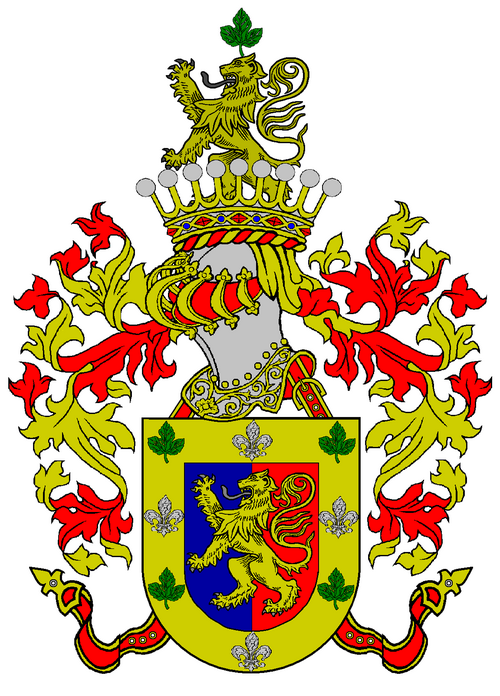MOVIE REVIEWS
 Review by John Chard
Review by John Chard
I love it. God help me I do love it so. I love it more than my life. Patton is directed by Franklin J Schaffner and is adapted to screenplay by Francis Ford Coppola and Edmund H. North from Ladislas Farago's "Patton: Ordeal and Triumph" and Omar N. Bradley's "A Soldier's Story". It stars George C Scott, Karl Malden, Michael Bates, Edward Binns, John Doucette, Stephen Young, Michael Strong and Cary Loftin. Music is by Jerry Goldsmith and cinematography by Fred J. Koenekamp. Pic is a part biography of George S. Patton Jr. which follows his exploits in WWII until his retirement from service. Released at the time of the Vietnam War, there's a certain bravado in the makers choosing this period to release a biopic about one of America's most famous - and controversial - military characters. Led by a tour de force performance by Scott as Patton, Shaffner and his team rightly portray the man as full of flag waving bluster, gigantic egotism and majestic tenderness. The complexity of the man in Scott's hands is what drives the film to greater heights. Schaffner's (Planet of the Apes) shows a smart eye for battle scene construction (shot in 70 millimetre - Dimension 150), this puts us viewers right in amongst the horrors of warfare. The supporting cast do sterling work in the face of Scott's barnstorming show, which when all told as a film leaves us with a war biography of great depth and one that rightly is held up as a marker for such genre ventures. 9/10
 Review by Filipe Manuel Neto
Review by Filipe Manuel Neto
**A good film about one of the most controversial generals of the Second World War.** Patton is one of the most controversial generals of World War II. A man guided by his killer instinct rather than reason, he played a relevant role in the defeat of the Germans, but he also took conflicts that greatly tarnished his military record. A US cavalry officer, he fought in the First World War and is one of the biggest names in the development of tanks and armored cars, both at the level of conception and strategy, where he valued rapid movements and aggressiveness. In World War II, he led Operation Torch, faced the German general Rommel and openly competed with Montgomery, who was more prudent in his approach. But he also blatantly ignored superior orders and assaulted soldiers who did not appear committed, so he was harshly censured and only recovered after the Battle of the Ardennes, when he supported the Allied forces. I think I can join most people in saying that the strong point here is the very solid performance of George C. Scott: he was extraordinarily convincing in the role of the “Bandit” (one of the many barracks nicknames that Patton collected). He effortlessly steals all the attention and is a more than solid protagonist, to which we can add a consistent and competent supporting cast, featuring the worthy Karl Malden and Michael Bates. Expertly directed by Franklin J. Schaffner, the film features a magnificent script. I'm a historian, but I'm not an expert on the period in question and, therefore, I'm not the right person to evaluate the film's historical realism. However, I can say that I didn't see any glaring errors. The cinematography is very colorful and bright, making the most of the excellent sets, costumes and filming locations, which reproduce very well the settings and environments. However, if what you want is a war film with a lot of action, I have doubts about recommending this one: there isn't much here, except for some good fights. The film did well in the market, was profitable, and the critics were very receptive. In 1971, it won seven of the ten Oscars for which it was nominated, namely Best Director, Best Art Direction, Best Editing, Best Sound, Best Original Screenplay, Best Actor (for Scott, who refused to accept it for not agreeing with the competition) and Best Film.